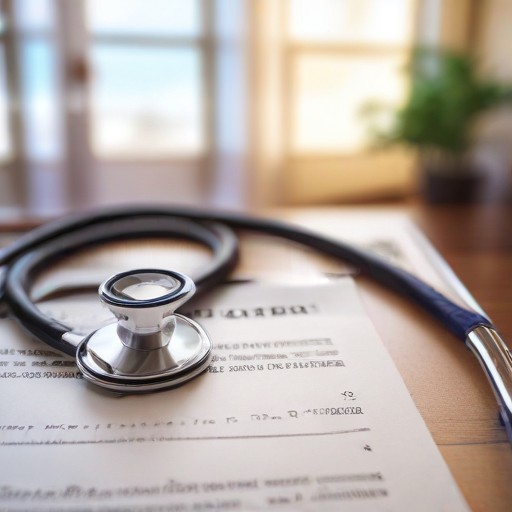Recent research indicates that the diagnostic radiology workforce will incur nearly $984 million in certification costs throughout their careers. This substantial figure encompasses approximately $208.5 million for initial board certification and about $775.3 million for ongoing maintenance of the designation over the span of 35 years. This analysis was published on November 19 in the American Journal of Medicine.
The study also highlighted that around 90% of U.S. physicians are currently board-certified, with a projected total cost of nearly $12 billion for both initial and maintenance of certification (MOC) across all specialties under the American Board of Medical Specialties (ABMS). The financial burden associated with board certification has raised questions regarding its effectiveness as a measure of professional competence and its correlation to patient outcomes.
Lead researcher Alan H. Daniels, MD, from the Department of Orthopedics at Brown University, emphasized that as the number of board-certified physicians continues to rise, the monetary impact of certification is likely to increase. His team suggests further investigation into the certification’s utility, given the significant investment required from healthcare providers.
Data from the ABMS indicates a 14% increase in active certification from 2016 to 2023, with a more pronounced 33% jump in continuing certification. The costs associated with the initial certification exams are notably high, particularly in diagnostic radiology, where the first of two required exams costs $1,920 and the second $1,280. The average pass rate for these exams is impressive, with the initial exam boasting a 95% rate and the second an 86% rate. Radiologists face requirements every five years to maintain their certification, including earning 125 Continuing Medical Education (CME) credits and participating in self-assessments.
Financial data reveals that in the tax year 2022 alone, the certification process generated around $47 million in surplus for ABMS member boards, totaling an impressive net balance of $839 million. Specifically, the American Board of Radiology showed total revenue of approximately $18.4 million, overwhelmingly sourced from examination fees.
Physicians have previously voiced concerns over the certification process, arguing that the costs may outweigh its benefits. Past legal actions have been taken regarding the perceived lack of value in continued certification; one notable case involved a Tennessee physician who accused the ABR of compelling radiologists to pay for ineffective professional development. However, that lawsuit was dismissed in 2021.
In conclusion, while there are significant costs tied to board certification, the research opens a dialogue about potentially reallocating these resources to enhance physician self-regulation, improve work conditions, and ultimately, ensure high-quality patient care. As the healthcare landscape continues to evolve, there may be opportunities to reform the certification process in a way that balances accountability with practicality, potentially leading to a more sustainable and beneficial model for physicians and patients alike.
Overall, maintaining high standards in the healthcare profession is essential, but it’s crucial to ensure that the systems in place support physicians effectively and promote a healthy work environment.
